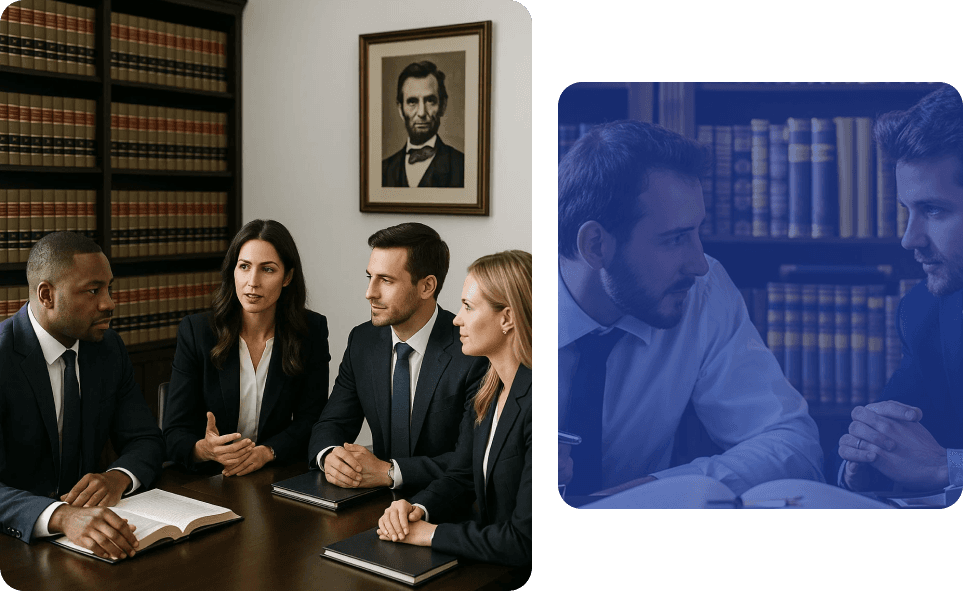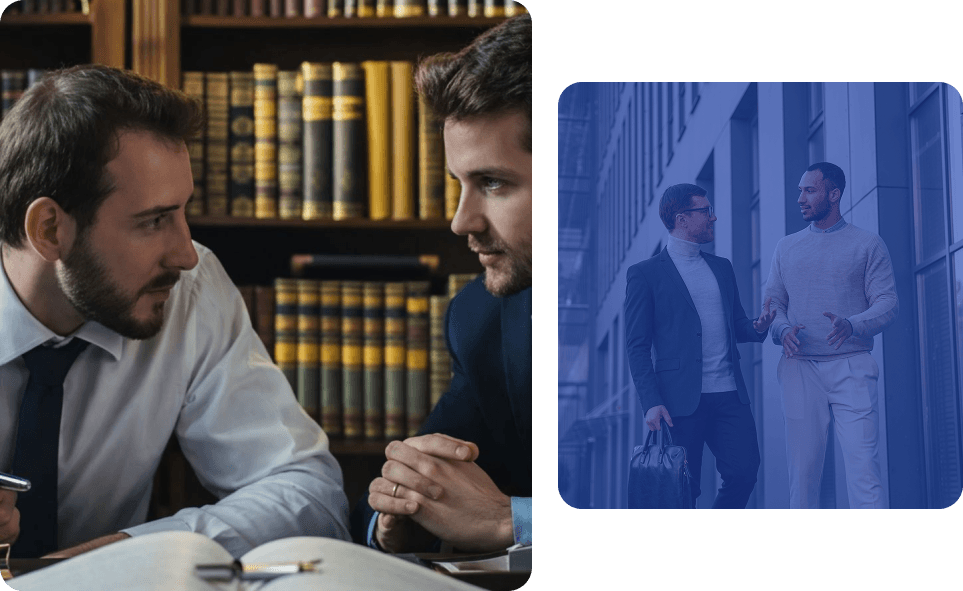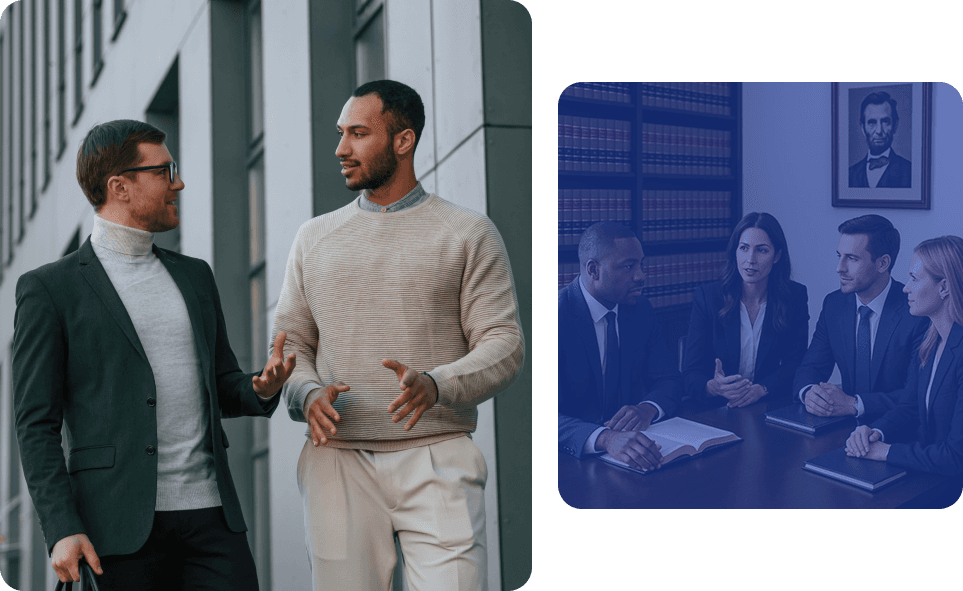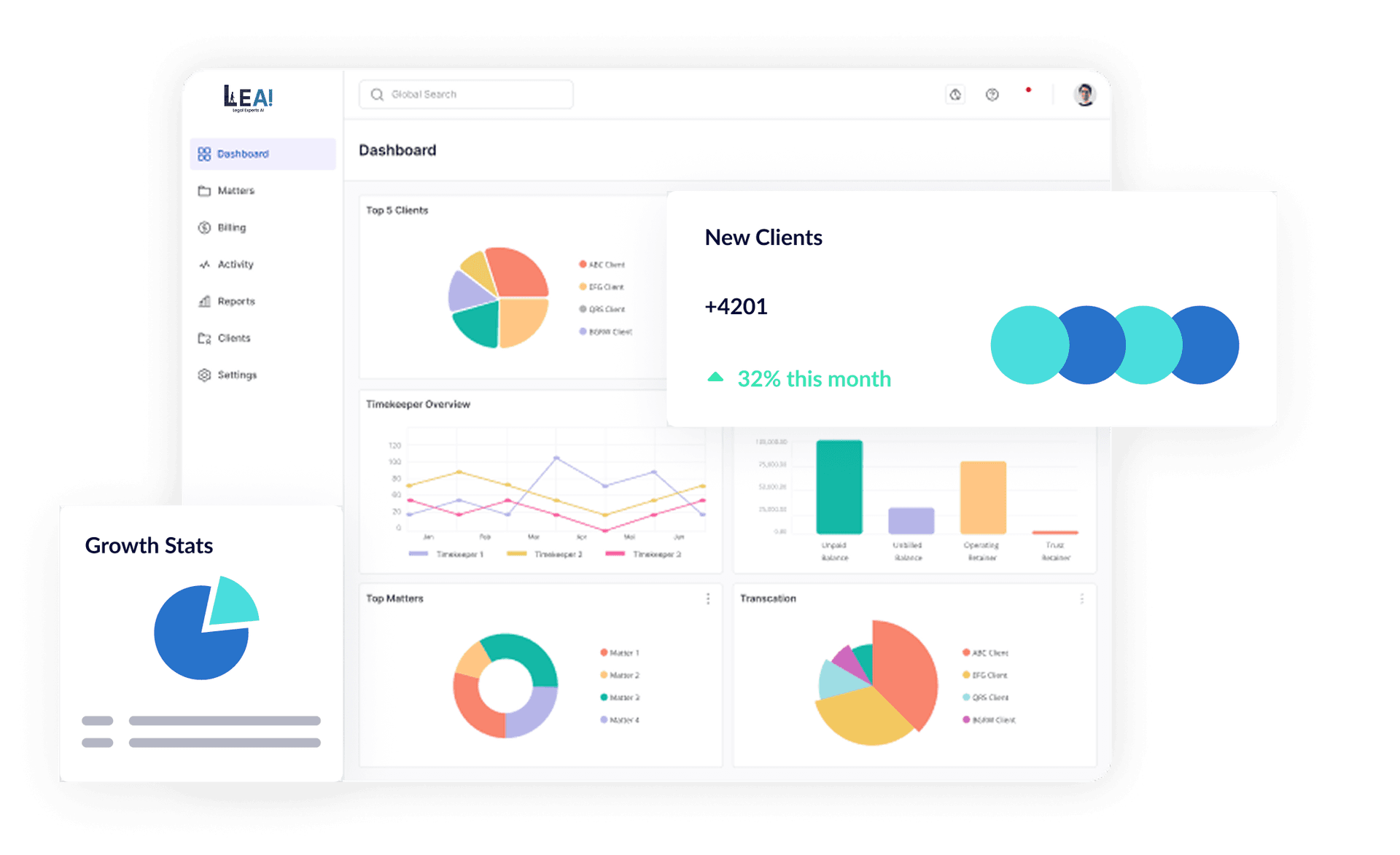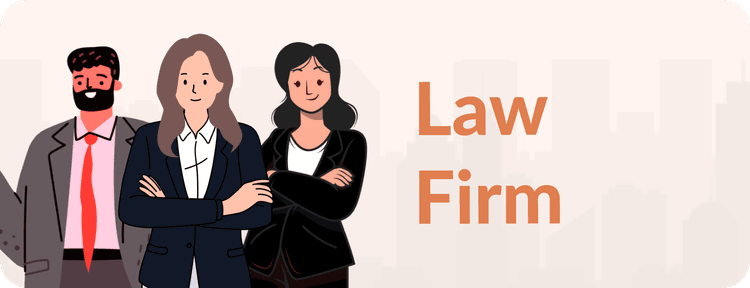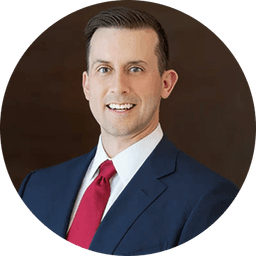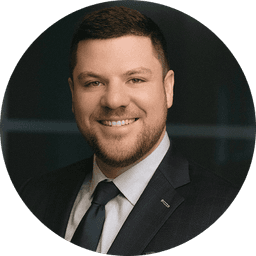Where Legal Expertise Meets
AI Innovation
A curated, AI-powered marketplace designed to elevate legal professionals with enhanced visibility, verified credibility, and meaningful growth opportunities.
Connecting Legal Talent Through Data-Driven Discovery
The legal field is evolving quickly, yet traditional directories remain static. Legal Experts Al unites Al-powered data insights with trusted human expertise. Our platform organizes legal professionals' credentials into structured profiles, enhances discoverability through intelligent search and ranking, connecting you seamlessly with the right expert witness, attorney, or law firm, enabling confident, informed decisions with ease.

A Centralized Marketplace for Legal Professionals
Gain access to the most comprehensive network of legal professionals, from expert witnesses to specialized consultants, all verified and AI-matched to your specific needs.

Find expert witnesses in medicine, engineering, finance, forensics, and more.
View Expert WitnessesHow It Works — Faster and Smarter Legal Connections
Legal Experts Al streamlines expert witness, lawyer, and firm discovery. We fonnect the right professionals efficiently and reliably.
Search with Precision
Use targeted filters to surface professionals relevant to your legal matter.
Review & Compare Real Information
Each profile includes credentials, case experience, reviews, and video introductions - giving you context, not just contact details.
Connect & Engage Securely
Direct messaging, consultation requests, and guided bookings for time-sensitive matters.

Trusted by Thousands Nationwide
Join the growing community of individuals and businesses.
Success Stories
Real clients, real results. See how Legal Experts AI has transformed legal
service discovery for thousands.
Resources to Guide Your Legal Journey
Simplifying complex legal topics to help you make confident decisions.
Explore MoreFrequently Asked Questions
We’ve made finding the right legal professional simpler. We bridge law firms that need specialized expertise and expert witnesses who provide it. Currently, our marketplace features verified expert witnesses and law firms. Here’s how it works: Clients submit the specifics of their matter. Our system analyzes the requirements and identifies professionals whose background aligns with the scope of work, whether technical, legal, or industry-specific. Results are typically provided within 48 hours, along with detailed profiles to support decision-making.
